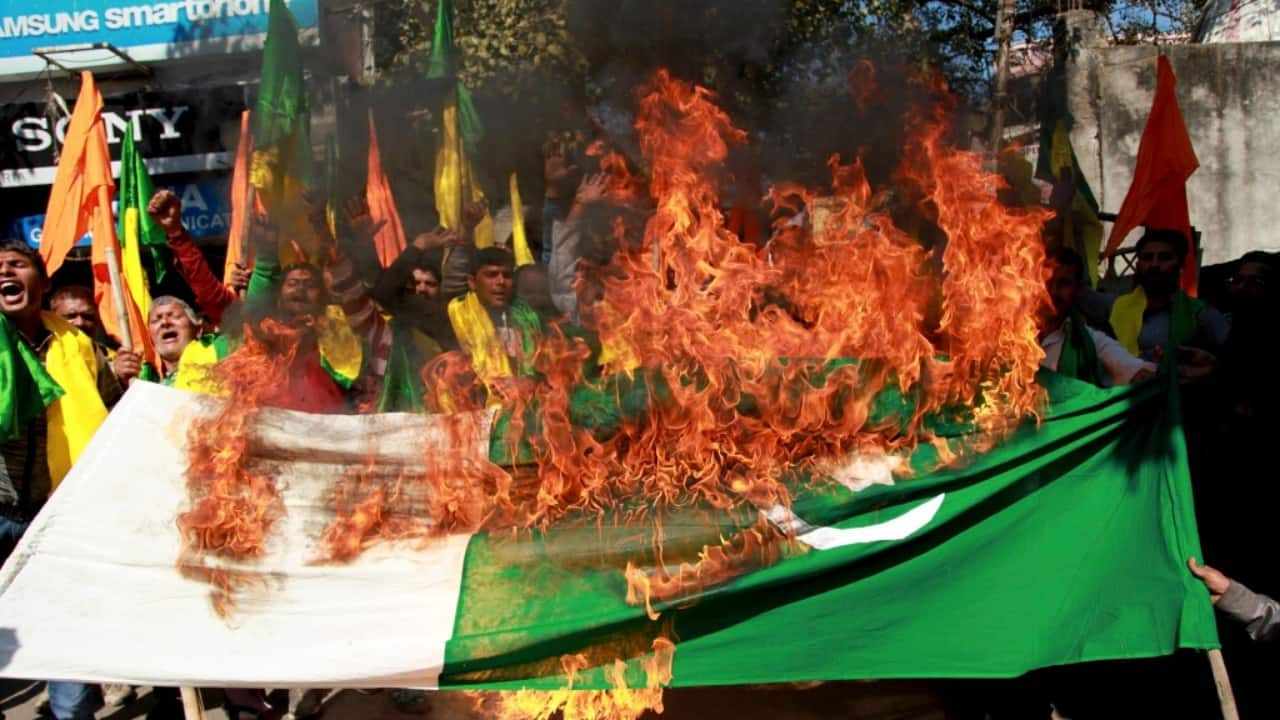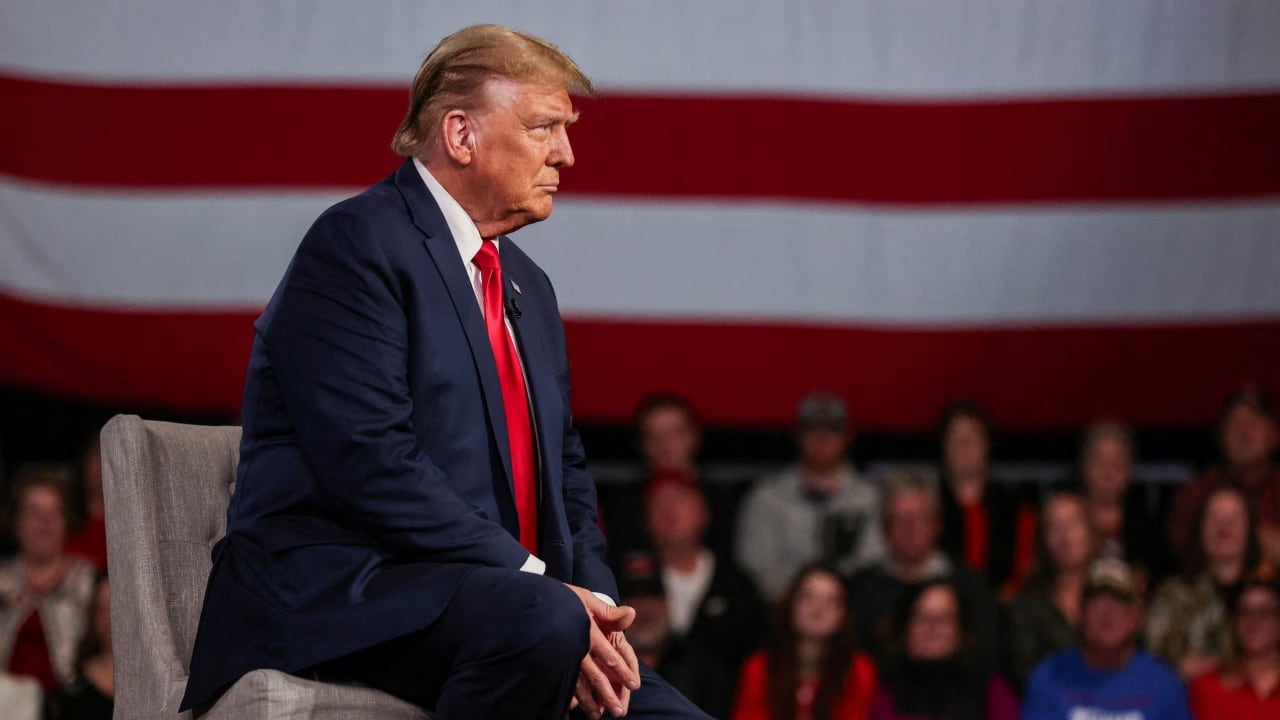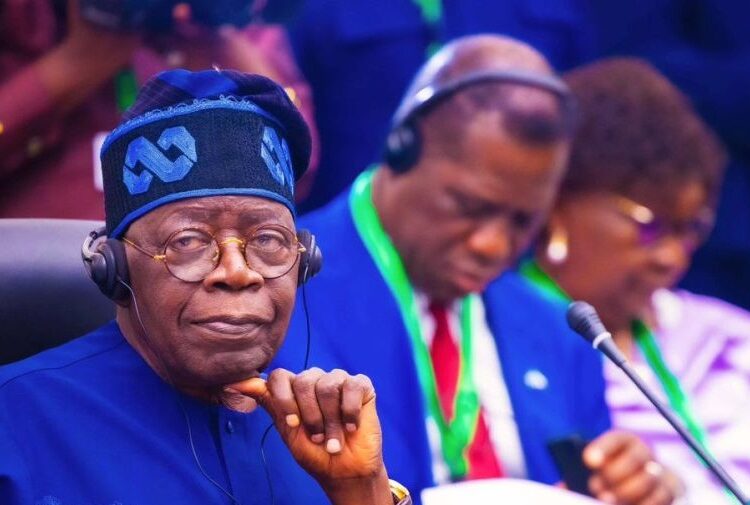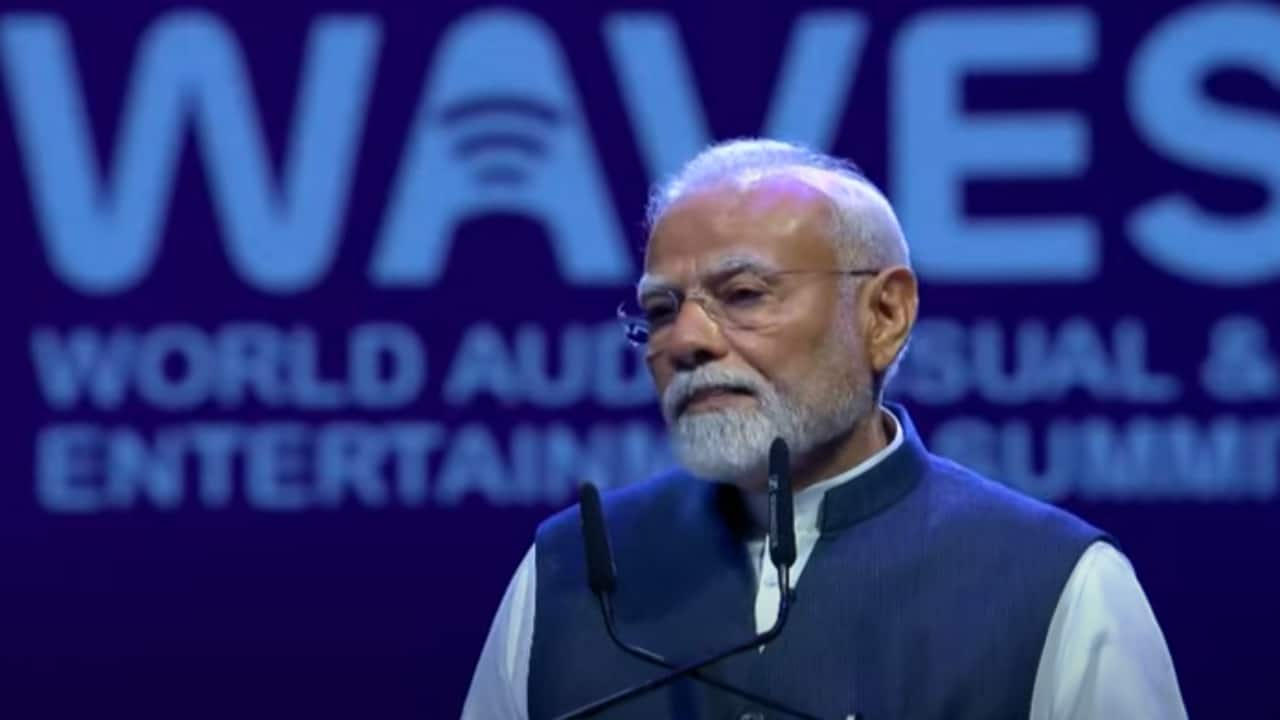The cowardly terror attack on tourists in Jammu and Kashmir’s Pahalgam has not only shaken the conscience of the nation, but has also triggered ripples across the global spectrum. While the world unites in condemning state-sponsored terrorism, what stands out starkly is the fact that even the traditional allies of Pakistan – Afghanistan and Iran – have joined the global outcry against the April 22 attack. While Pakistan scrambles to deny involvement despite mounting evidence linking the assault to Lashkar-e-Taiba’s proxy, The Resistance Front, nations like Taliban-led Afghanistan, Iran, Turkey, among others – once firmly in Pakistan’s corner – have unequivocally condemned the attack.
What is particularly telling this time is the support India has received from nations historically seen as close to Islamabad. The Taliban-led Afghanistan government, the Turkish regime under Recep Tayyip Erdoğan, and others have either issued statements of solidarity with India or expressed unequivocal condemnation of the attack — a move that underscores Pakistan’s increasing pariah status on the global stage. Shifting sands Following the attack, when both New Delhi and Islamabad were busy mobilising global support, M Anand Prakash – Joint Secretary in charge of Pakistan, Afghanistan and Iran in the Ministry of External Affairs – was sent to Kabul.

The Taliban-ruled Afghanistan issued a statement condemning the terror attack, even before Prakash arrived in Kabul. Prakash held talks with Taliban's acting Foreign Minister Amir Khan Muttaqi and discussed political and trade issues. Muttaqi emphasised the expansion of political and economic relations with India, Tolo News reported.
He emphasised the increase in diplomatic and economic relations between the two countries and added Indian investors should take advantage of opportunities to invest in Afghanistan. During the meeting, the Afghan side had also assured India that it does not pose a threat to any nation. Delhi has not yet officially recognised the Taliban.
This marks a radical shift. Just two years ago, Rawalpindi celebrated the Taliban’s return to power as a strategic victory. Yet the very regime Pakistan helped install now recognizes the destabilizing role its eastern neighbour plays.
Meanwhile, Turkish Foreign Ministry, condemning the attack, said, “We are deeply saddened to learn that many people lost their lives and many others were injured in the terrorist attack which targeted civilians in Pahalgam region of Jammu and Kashmir today (April 22). We condemn this heinous attack. We extend our condolences to the families of those who lost their lives and wish a speedy recovery to the injured.
” Turkey’s statement marked a notable shift in tone—unlike in the past, Ankara explicitly recognised the incident as a “terrorist attack,” unequivocally condemned it, and crucially, made no reference to Jammu and Kashmir as a “disputed” territory. Iranian President Masoud Pezeshkian also condemned the terror attack during a phone call with Prime Minister Narendra Modi. Pezeshkian said that Iran unequivocally denounces such "inhumane acts", Iran's embassy in New Delhi said in an X post.
These tragic events amplify the shared responsibility of all countries in the region and compel the regional states to eradicate the roots of terrorism through empathy, solidarity, and close cooperation, ensuring lasting peace and tranquillity for the nations in the region, Pezeshkian stressed. During the conversation, he also noted that Iran holds the Indian nation and its prominent figures, such as Mahatma Gandhi and Jawaharlal Nehru "who were messengers of peace, friendship, and co-existence", in high regard. Alongside, statements of solidarity poured in from the United States, the European Union, France, Japan, the UAE, and others.
The Indian Ministry of External Affairs ensured that allies were briefed with intelligence details linking TRF and LeT to the attack, bolstering India’s credibility. Pakistan’s double game on terror: The mask slips again Pakistan's reaction to the Pahalgam massacre has been a textbook case of duplicity — the same pattern the world has come to expect but now increasingly refuses to tolerate. Former Prime Minister Imran Khan, speaking from Adiala Jail, condemned the loss of lives but pivoted quickly to discredit India and absolve Pakistan.
He denied any involvement by Islamabad and instead accused New Delhi of fabricating evidence and "war-mongering." His rhetoric closely echoed Pakistan’s official narrative — one of deflection, victimhood, and denial. But the world has seen this movie before.
The Resistance Front (TRF), a proxy of the Pakistan-based terror outfit Lashkar-e-Taiba (LeT), claimed responsibility for the Pahalgam attack. The group’s modus operandi, digital footprint, and operational tactics are indistinguishable from the LeT and Jaish-e-Mohammed — both of which operate with impunity inside Pakistan. Despite this, Islamabad continued to play the tired card of “no evidence,” refusing even to acknowledge the presence of terror infrastructure within its borders.
What this signals? The post-Pahalgam reaction is a watershed moment in regional diplomacy. That Islamabad finds itself without vocal allies in a moment of international scrutiny is more a consequence than coincidence. Global patience with Pakistan’s terror double standards is wearing thin.
Domestically, Pakistan remains mired in a political and economic crisis, with a discredited government, rising inflation, and an increasingly fractured society. This internal weakness, coupled with diplomatic cold shoulders, may push it towards complete alienation..
















